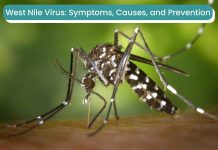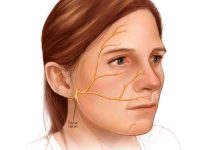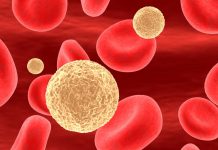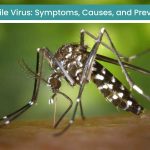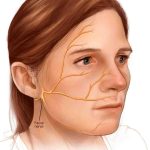What is Angina?
Angina or Angina Pectoris is one of symptom of coronary artery disease. Angina is a type of chest pain caused by reduced blood flow to the heart muscle. So in essence, angina is ischemic heart disease, which is caused by the reduced supply of oxygen and blood flow to the heart. Later it resulted chest pain may radiate to the left shoulder and arm.
Broadly speaking, pain caused by lack of oxygen can occur due to two causes. The first, due to blockage of the blood vessels around the heart that carries oxygen. The second cause is the presence of heavy activity which resulted in a surge of oxygen which is more than usual. Activities that can cause surge of oxygen demand such as during exercise, climb, or when experiencing stress.
Symptoms of Angina
Pain or pressure in the chest, is a symptom that can best be felt when exposed to angina. It could be a warning to half of those who suffer a heart attack. Some people experience shortness of breath or fatigue and weakness as symptoms.
This indicates that the heart is not getting enough oxygen because of coronary blockage. If you are experiencing this, get to the doctor to check your heart. Even so, after angina is treated, there is no guarantee that heart attacks can be prevented. However, such treatment will reduce the risk of heart attack in the near future.
Angina’s Treatment
Someone who felt pain in the chest, you should immediately improve lifestyle and consult a doctor. If the condition is left untreated, it will likely trigger a fatal heart attack. Additionally, an unhealthy lifestyle to be a common thing that causes angina and most severe is heart attack.
Smoking habit, never exercise, food with high cholesterol levels, obesity or stress can be a trigger. Angina is an indication that something is wrong in your heart. So, immediately do a healthy lifestyle, to keep your heart health.
Prevention of Angina
To prevent angina, you need to pay attention and maintain:
1Blood Pressure
Blood pressure can lead to an attack of angina pectoris due to high blood pressure can make the body’s need for oxygen increases.
2Sugar Level
High sugar level will inhibit the passage of oxygen to the heart. More info about blood sugar and diabetes, can be found in the article: Diabetes Causes Heart Disease in Woman.
3Cholesterol
Cholesterol levels should be monitored due to the plug that is commonly found in the blood vessels is fat or cholesterol plaque.












